This morning I was reading a Vox article entitled How effective altruism let Sam Bankman-Fried happen, and if that title isn’t enough to scare you off, the first few paragraphs probably will be.
Of course, I am a glutton for punishment, especially when people in their third decade think they have solutions to all of the world’s problems. Not to be a crusty curmudgeon, even though as a “Gen X”er it seems to be my destiny. I just feel like you have to have first-hand memories of the 1980s for proper context on what’s happening today. Or maybe not, but you at least need to be even more cynical about the claimed promise of crypto than the author here. You know, cynical enough to not take the money in the first place.
The problem actually is longtermism
One section of the article begins with the subhead “The problem isn’t longtermism.” But I would argue that, in fact, it is the problem. Or rather, it’s one of a cluster of problems that all come out of the heads of people who think they are smarter than everyone else and somehow have The Answers that are beyond the grasp of mere mortals.
It’s the same mentality that lets a person make the choices (often building on past choices by their forbearers, the ones who allowed them to be “born on third base, thinking they’d hit a triple”) that lead to becoming a billionaire in the first place. It’s a status that can only be achieved on the backs of others.
But whether you’re a billionaire striver, an aspiring Mars colonist, just an ordinary “maker,” or a grandiose philosopher of the distant future, the common thread is that it’s more fun, more inspiring, to invent something — to inhabit a fresh, clean, newly-constructed mental space — than to do the messy, mundane, boring work of maintaining what we already have. Of cleaning up other people’s messes. Of learning how someone else’s invention works, because they’ve moved on to the Next Big Thing and now you’re the one charged with keeping the previous Next Big Thing up and running.
I get it. It’s the same for me, in many ways. I’m a “maker.” I work as a consultant, brought in to create new systems, that then get handed off to internal staff to keep running, while I move on to the next client. But I’m not claiming to solve all of the world’s problems; I’m just making something new that people ask me for when their old thing stops working.
OK, the problem actually is billionaires. Period.
It’s dangerous when the means to solve society’s big problems are concentrated in the hands of a small group of billionaires, and we are left to trust their vision for how that money should be used. These are the guys (and it’s pretty much always guys — bros, if you will) who get that thrill out of grandiose thinking, who don’t want to deal with the messy realities all around us. They don’t want to fix problems. They want to invent something, clean and shiny and new. Don’t clean up Earth; move to Mars. Don’t improve public transportation, distract us with ludicrous promises of tunnels and tubes, so we buy your fancy new cars instead. Don’t do the hard, complicated work to improve the actual lives of the billions of humans who are living in poverty today; concoct some imaginary future event that might kill billions of people, and invent a fancy new high-tech gizmo that will prevent that event from happening.
Later on, the article does get into a lot of the problems with big longtermist philosophy and silver spoon crypto bros who think they understand all of the world’s problems better than anyone who actually has any of those problems in their own lives.
But ultimately, for me, it all simply comes back to the idea that billionaires shouldn’t exist. And since they shouldn’t exist, they shouldn’t be making decisions about how to fund solutions to society’s problems.

